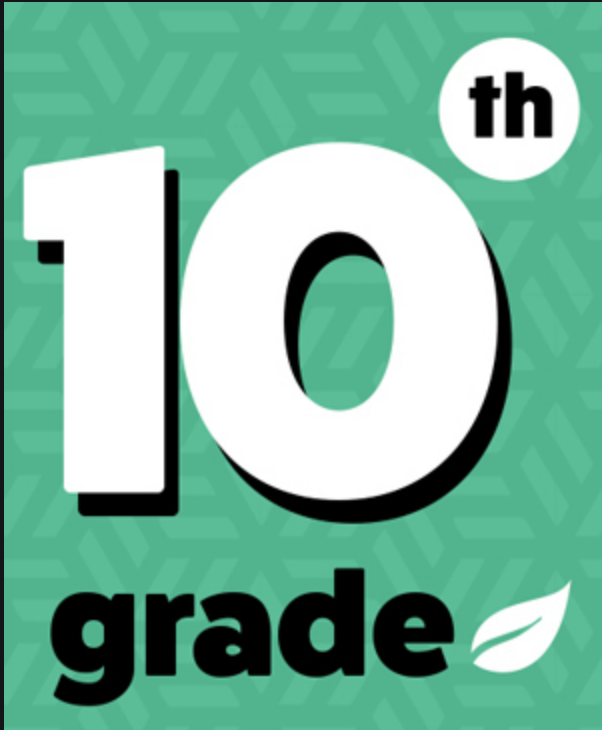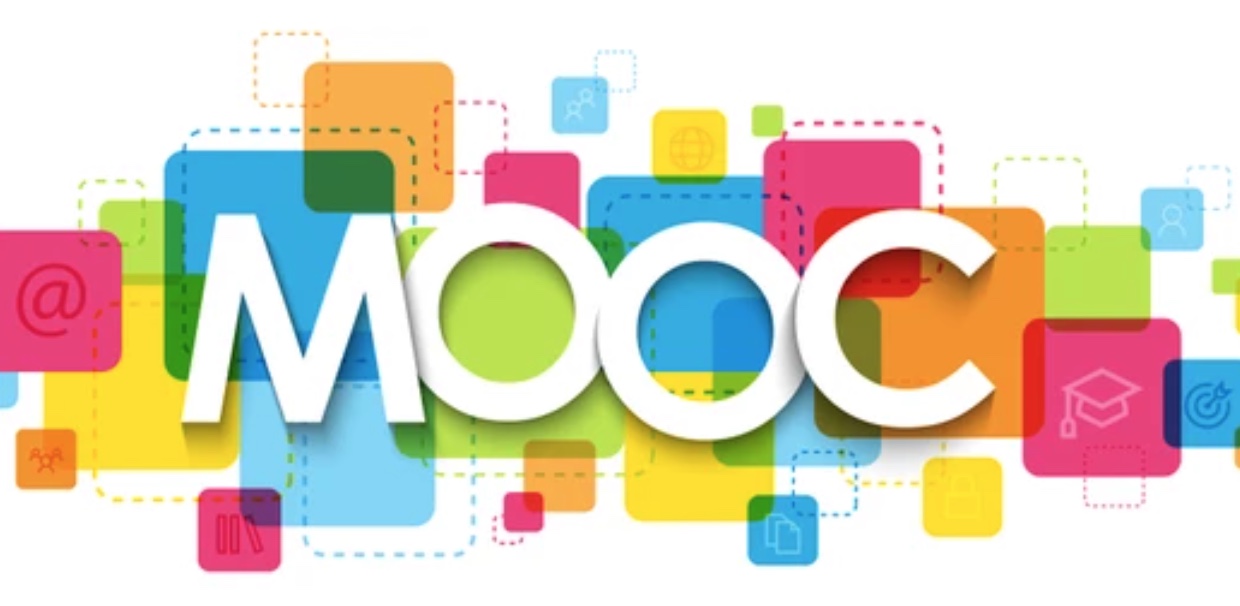Vocabulary, reading comprehension, grammar and usage are core components of the SAT and ACT college entrance exams.
SAT Critical Reading tests reading comprehension skills, and includes reading passages and sentence completions. SAT Writing tests grammar, usage and word choice, and includes multiple-choice questions on identifying sentence errors and improving grammar and usage.
ACT Reading tests comprehension and understanding vocabulary in context. ACT English tests language usage and mechanics (e.g. punctuation, grammar, verb agreement, word / phrase replacement, sentence structure) as well as rhetorical skills (e.g. identifying author’s purpose and tone; choosing appropriate sentences and word placement, improving style and clarity.)
Students with robust vocabularies, strong reading skills and good command of the English language are better able to quickly read and comprehend material in the various sections and correctly respond to questions and prompts.
Most students, even avid readers, have the ability to improve in these areas with some focused study and preparation.
Studying SAT/ACT word lists and reading challenging material, over a period of weeks or months, can help you build vocabulary, improve reading comprehension and boost performance on college entrance exams.
Whether you have three days, three weeks, three months or three years to prepare, make the most of the time you have. Consider these opportunities to prepare and improve your scores.
READ
The more you read challenging material, the faster you’ll read, and the better you will comprehend. These skills will help you on the SAT Critical Reading and ACT Reading tests.
Magazines, such as The Economist, National Geographic, The New Yorker and Foreign Affairs, written at a higher level of difficulty than most periodicals, will enhance your vocabulary and improve your critical reading skills. The New York Times and Wall Street Journal also provide challenging reading.
To supplement other reading, I often recommend the SAT Score Raising Classics such as Dr. Jekyll and Mr. Hyde, Frankenstein, War of the Worlds, and Tales of Edgar Allan Poe.
When you come across a word that you don’t know, look it up. A good small dictionary can be a great investment in your success.
Lynn’s Favorites:
- SAT Score Raising Classics
- The Economist, Foreign Affairs, The New Yorker
- Kaplan SAT Score-Raising Dictionary: A Fun and Effective Way to Learn 2,000 of the Most Frequently Tested SAT Words
BUILD YOUR VOCABULARY
Vocabulary is a key success factor for both the SAT and ACT. Although the exams do not directly test vocabulary, familiarity with a large number of words that frequently appear on the SAT and ACT can help you score well on the reading comprehension, sentence structure analysis and writing sections.
There are a variety of vocabulary-building tools including word lists and flash cards. Explore some of the options and choose the right program for you. Most importantly, set a realistic goal and achieve it, whether it’s ten words each week, or fifty!
Lynn’s Favorites:
- Quizlet.com
- SparkNotes Test Prep and 250 Most Difficult SAT Words
- Berkeley Parents Network Vocabulary List
REFRESH YOUR GRAMMAR
Many students complain that they were not taught proper grammar, or that they forgot what they learned. With some study, students can master what they need to know for entrance exams.
Lynn’s Favorite:
STUDY ETYMOLOGY
When you study etymology, you learn about the origin of words and how related words share a common root. Being able to identify a word’s root, or roots, can help you understand its meaning. Etymology can not only help you grow your vocabulary, but will improve your ability to eliminate wrong answers and make “educated guesses” on the SAT and ACT.
Lynn’s Favorite:
TAKE PRACTICE EXAMS
While taking a practice exam may not be your ideal way to spend a Saturday morning, it can help boost your scores. The SAT and ACT are timed exams, and taking practice exams in test-like conditions not only helps you prepare, but improves your confidence.
Practice tests will also give you a better idea of which test(s) are best for you. The tests have distinct personalities — the ACT is curriculum-based, while the SAT is more of a general reasoning and problem-solving exam. ACT questions are more straight-forward, and students who score well tend to be fast readers, with strong memorization and information processing skills. In contrast, the SAT focuses more on reasoning, and students who achieve high scores tend to be avid readers, with strong vocabularies, who enjoy test-taking strategies and nuances. The Princeton Review’s ACT or SAT?: Choosing the Right Exam For You (College Admissions Guides) can help you evaluate your options.
The College Board website offers a full SAT Practice Test. You can find ACT questions on the ACT website. The Real ACT Prep Guide contains three ACT tests.
Lynn’s Favorites:
- The Official SAT Study Guide with DVD
- Cracking the ACT, 2013 Edition (College Test Preparation)
Cracking the SAT, 2013 Edition (College Test Preparation)
- Kaplan SAT 2013
Lynn’s Favorites:
- Official SAT Question of the Day from The College Board
- Number2.com Question of the Day
- Increase Your Score In 3 Minutes A Day: ACT Reading
- Increase Your Score in 3 Minutes a Day: SAT Essay
- Increase Your Score in 3 Minutes a Day: SAT Critical Reading
- Vocabulary Cartoons: SAT Word Power
- Essential SAT Vocabulary (flashcards) (College Test Preparation)
Author:
Lynn Radlauer Lubell, Publisher of InLikeMe.com and Founder of Admission By Design, an Educational Consultancy based in Boca Raton, Florida.
Copyright InLikeMe.com and Phrazorp LLC. All rights reserved.

Lynn Radlauer Lubell, Publisher of InLikeMe.com and Founder of Admission By Design, an Educational Consultancy based in Boca Raton, Florida.


